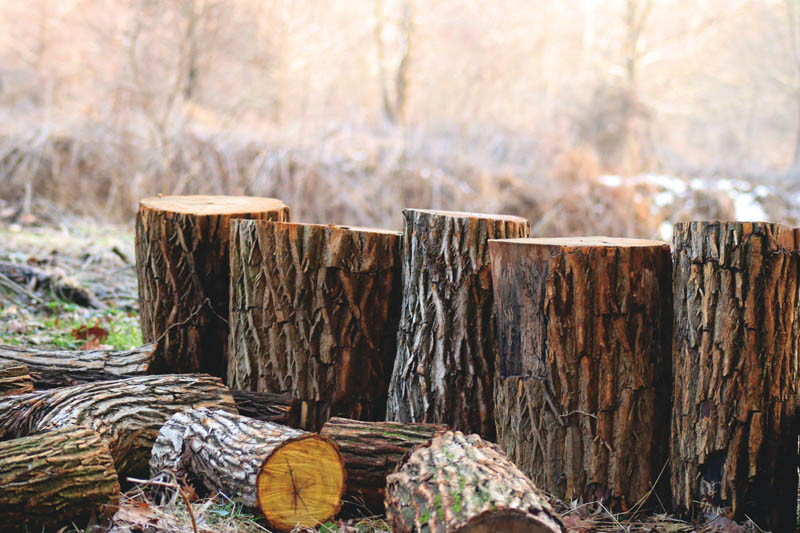How Can I Reduce My Carbon Footprint? Try Chicken Instead of Beef

Although the best way to reduce your dietary carbon footprint is to give up meat altogether, if you limit your meat intake to chicken instead of beef, you could reduce your carbon footprint significantly. Here’s what you need to know.
Did you know that the simple act of swapping out beef for chicken could cut your dietary carbon footprint in half?
Food production is responsible for approximately one-quarter of global carbon emissions. The carbon emissions generated by beef production account for a huge percentage of the total amount of industrial greenhouse gasses produced by the American population. It uses approximately 20 times the acreage used for growing the same protein equivalent of beans, and uses over 10 times more resources than chicken production. This is because cows release tons of methane, which is one of the most harmful greenhouse gasses.
Beef isn’t the only meat product that generates huge amounts of methane – lamb and mutton (goat) are also big methane releasers, and they require large amounts of land for grazing.
Chicken has the smallest carbon footprint of any animal food product for a variety of reasons. They can convert their feed into protein far more effectively, requiring significantly less land use, which means lower energy consumption, fewer fertilizers, and less water.
While foregoing beef in favor of chicken is a great start in reducing your carbon footprint, a better strategy is to eliminate meat entirely. Vegetarian diets have a far overall lower carbon footprint than diets that include meat. However, if you want to go green by keeping your plate filled with greens, make sure the vegetables and non-meat products are produced in environmentally friendly ways. Certain fruits and vegetables can have a higher carbon footprint than meat if they are sourced from abroad and have to be transported by air. Many fruits have extremely high carbon footprints because they require huge amounts of water to cultivate, and when not in season in certain regions, must be transported.
So, for the lowest possible dietary carbon footprint, keep your diet meat-free, rich in vegetables, and always eat locally!
How Can I Reduce My Carbon Footprint? Try Planting Trees!
Forest Founders is dedicated to helping people raise their awareness of their environmental impact. We strive to support organizations that fight the global climate crisis through strategic reforestation projects. To learn more about our mission, please visit our information page. You can also register on our signup page to participate in tree-planting projects.